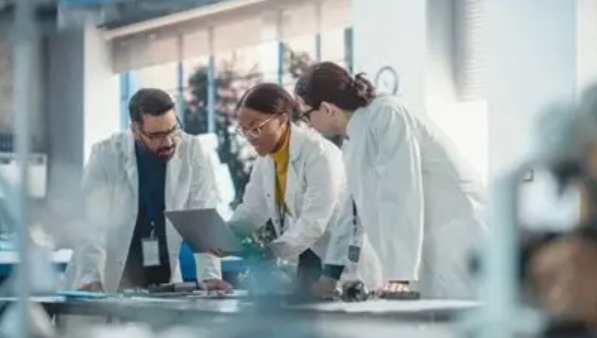
image courtesy: Global Times
Ventilator shortages are a critical reality as the COVID-19 outbreak continues to worsen globally. According to GlobalData analysis, around 880,000 more ventilators are in demand globally because of the pandemic. All ventilator manufacturers have full order books and hold little in stock, receiving orders not only from regular customers like hospitals but also directly from governments.
Tina Deng, Senior Medical Devices at GlobalData, a leading data and analytics company, offers her view on tackling the ventilator shortage crisis. “The first solution is to turn to medical device companies who are already present in the respiratory space, but who do not already produce ventilators. These companies are poised to enter ventilator production due to their, expertise in medical device engineering, production capabilities and familiarity with market regulation" he adds.
“The second solution involves finding other non-medical engineering companies to manufacture ventilators. The key to this approach is cooperation from government and current ventilator manufactures to deliver a quick turnaround. The automotive industry is already gearing up to produce ventilators in the UK with manufacturers such as Vauxhall and Airbus planning to 3D-print parts with the aim of making up to 15,000 ventilators. A joint effort between Ford and General Electric aims to scale up the production of critically needed respiratory care products and 50,000 more ventilators by July. Tesla is working with Medtronic to meet the challenge in the US, and the UK-based ventilator manufacturer Smiths Group has shared its intellectual property with other companies.
“The UK Government has ordered 10,000 ventilators from Dyson, which has developed its CoVent prototype with the Technology Partnership - a Cambridge-based group of innovators and scientists. The CoVent could start production later this month following regulatory approval. The defence group Babcock is working with leading ventilator manufacturer Draeger to produce 10,000 more ventilators at the earliest opportunity.
“According to GlobalData’s pipeline product timeline analyser, it takes a new respiratory device 4.4-6.7 years to enter the market on average. However, Governments are helping to remove barriers on the regulatory side to help ventilator manufacturers speed up their design and engineering processes. It will be fascinating to see what will be achieved in just a few weeks through the cooperation of all stakeholders.
“The majority of ventilators made specifically for the COVID-19 outbreak are likely to meet the minimally clinically acceptable standards, but will not be advanced ventilators with a complicated variety of modes and options. The simple design not only makes it easy to manufacture in maximum capacity but will also shorten the training time. According to UK government, these rapidly manufactured ventilator systems will not be CE marked and not recommended for routine care but they require less than 30 minutes training for a doctor with some experience and are what’s needed right now.’’




